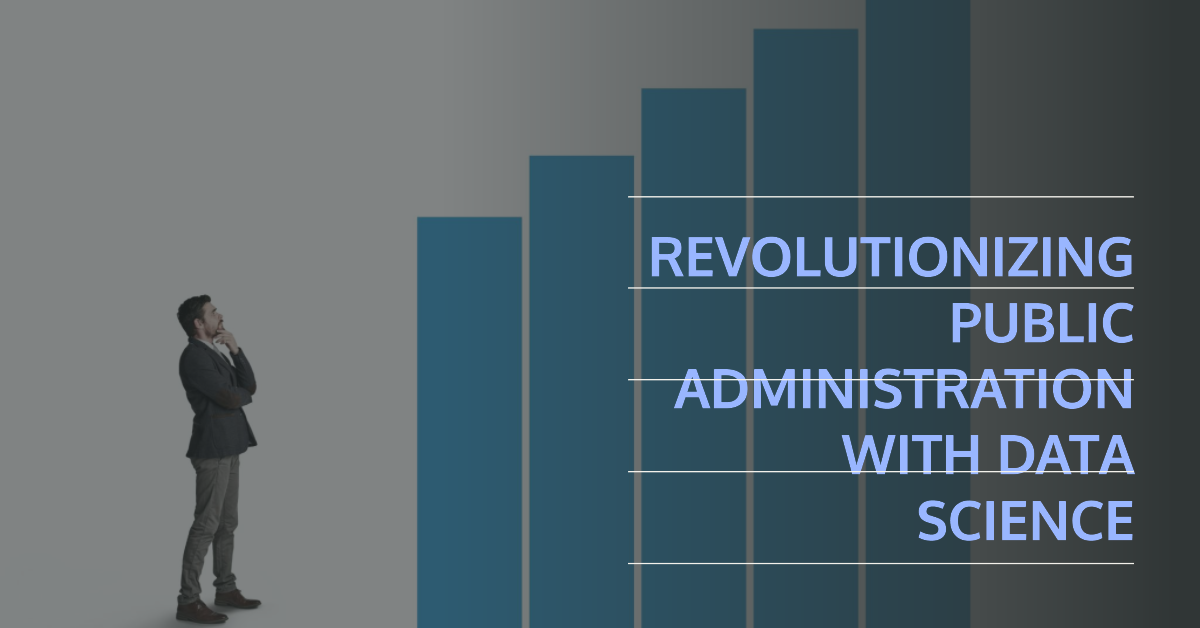The digital era has ushered in a transformative wave across various industries, and the government sector is no exception. In this article, we will delve into the intriguing world of data science within the governmental sphere, exploring its evolution, applications, challenges, and future trends.

